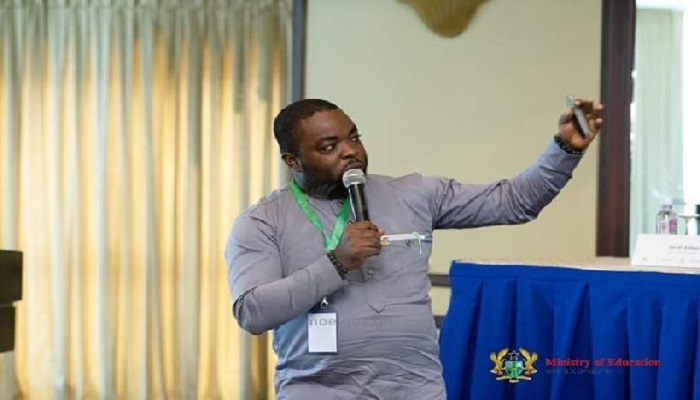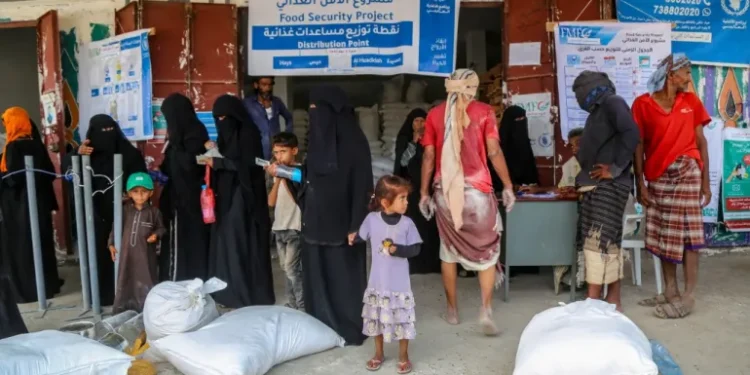Executive Director of the Institute for Education Studies (IFEST), Peter Anti, has expressed disappointment in the seeming lack of coordination between the Ghana Education Service and the Ministry of Education.
According to him, there’s been instances where the mandate of the Ghana Education Service, enshrined in law, seems to be taken over by the ministry of education. He explained that the Ministry is rather supposed to have an “oversight responsibility about how the various agencies” under the ministry are supposed to operate and not necessarily invade the works of GES.
Mr Anti revealed that implementation of policies within the education sector will become a problem when there isn’t much collaboration happening between the two institutions.
“Implementation is key to policy success. So, we were having serious implementation challenges and we felt that it was that kind of non-coordination between the ministry and the Ghana Education Service…”
Peter Anti
Commenting on a release by IFEST some weeks ago over the tensions between the GES and MoE, Mr Anti expressed that incidents that were cited in the release were things that have happened and his outifit sought to explain why certain activities have been undertaken without recourse to the Ghana Education Service.
“I think we raised that issue in the midst of the silence that we had with the World Bank GALOP project, that it came out clearly that the Ghana Education Service’s Director General was not aware of the number of teachers that have been trained. We sought not to talk about the training program, the amount or the controversy around how much had gone into it because we didn’t want to go into that area. We sought to look at the trend of incidents that have occurred in the education sector that seems to suggest that the ministry and the Ghana Education Service seem not to be working together as they used to.”
Peter Anti
Highlighting on issues he reckoned amplified the tension between the two, the Executive Director of IFEST stated that matters such as the conduct of the national standardized test, indicated that documents showed that the ministry had a certain plan that deviated from that of the Ghana Education Service.
“We saw that the Ghana Education Service was in favour of relaxing the processes instead of rushing it through as demanded by the ministry. At the end of the day, we all saw what happened with the NST. So, those were the incidents that we were recapping and we tried to show that trend…”
Peter Anti
New curriculum for the education sector
Touching on the possibility of the Ghana Education Service introducing a new curriculum within the education sector, Mr Anti expressed optimism about the impact of a new curriculum to the sector. He noted that such reforms are necessary to the progress of education in the country.
“For me, I think everybody knows my position on these reforms, I think it is needed and the last time we did reforms in terms of our curriculum at the pre-tertiary level, I think dates back to 2008 and by 2011/2012, we did some innovations here and there to the curriculum.”
Peter Anti
Mr Anti opined that the country has not had a “comprehensive overhaul of the curriculum” for almost ten years and that is problematic. This, he noted, is because the curriculum dictates what the children are taught and as the world changes, there is the need to also adapt “your education system to suit what the world demands” at that point in time.
“So, ideally, you will see that curriculums are reviewed after it has run its full course and in an educational system, you are looking at between four to five years [and] you need to review the curriculum.”
Peter Anti
READ ALSO: Privileges Committee Musn’t Struggle To Reach Anyone- Ras Mubarak























